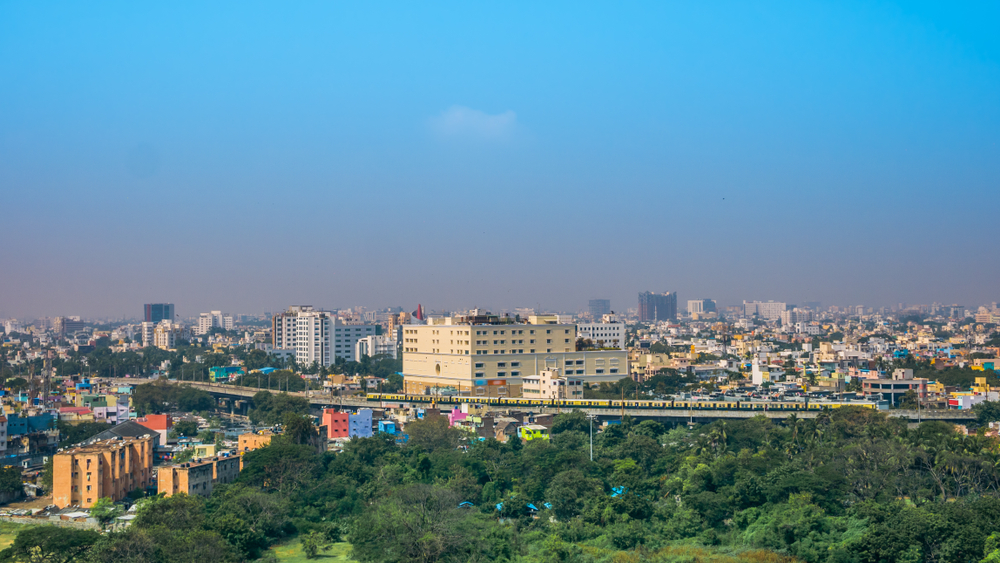India’s housing market thrives in Q2
India’s housing market is currently one of the world’s most resilient markets
India’s housing sector has been expanding continuously over Q1 and Q2 on the back of declining supply as hybrid and remote work become the new norm.
Rental housing demand went up by approximately seven percent in Q1 2022 due to higher demand in Ahmedabad, Bengaluru, Delhi, Gurugram, and Noida.
The Deccan Herald noted that the segment was driven by the working population and that the majority of tenants in Bengaluru, Hyderabad, and Mumbai were in the banking, insurance, and software industries.
The total rental housing demand in Q2 2022 went up 29.4 percent QoQ, up from 15.8 percent in Q1, and 84.4 percent YoY. Data revealed that search volumes in Bengaluru, Greater Noida, Hyderabad, and Pune witnessed the highest growth of 54.5 percent, 42.9 percent, 42.0 percent, and 39.6 percent QoQ, respectively.
There was a three percent QoQ and 28.1 percent YoY growth in the cumulative supply across 13 Indian cities, according to the Financial Express. The highest growth rates were recorded in Chennai, Bengaluru, and Hyderabad, at 17.4 percent, 15.1 percent, and 9.4 percent, respectively.
India’s housing market is currently one of the world’s most resilient markets. The market is now dominated by experienced players, who innovate on construction techniques and manage construction costs better, resulting in enhanced financial results for real estate developers.
Ultimately, now is the perfect time to invest in India’s world-class residential real estate market.
Employees and students alike are looking for rental housing near offices and schools to reduce their commute time. In conjunction with an increase in office occupancy and operations, the rental housing market will also improve.
“With schools and offices reopening, the workforce and students are moving back from their native cities to the metros, leading to an increase in demand for rental homes. The supply of rental homes is growing slowly compared to last quarter with available vacant homes decreasing and units not being replaced quickly by new supply as most of them are being bought by end-users and not investors. However, we expect the growth momentum to continue for the next few quarters,” said Sudhir Pai, CEO of Magicbricks.
The Property Report editors wrote this article. For more information, email: [email protected].
Recommended
Meet the Bitkub CEO turning real estate on its head with cryptocurrency and tokenised ownership
Jirayut “Topp” Srupsrisopa, CEO of Thai crypto exchange Bitkub, is a true believer in the potential of digitised finance
6 sights to spot in Jardine’s Lookout, Hong Kong
With its sumptuous harbour vistas, this low-density area is one of the most sought-after in Hong Kong
Meet the architect rethinking disability in urban spaces and how cities can be reimagined
Author David Gissen outlines his vision for urban development that takes the needs of disabled citizens into consideration
Why Asia’s mixed-use developments are the future of real estate
Dynamic integrated communities are fusing real estate with commercial, leisure, and other amenities









